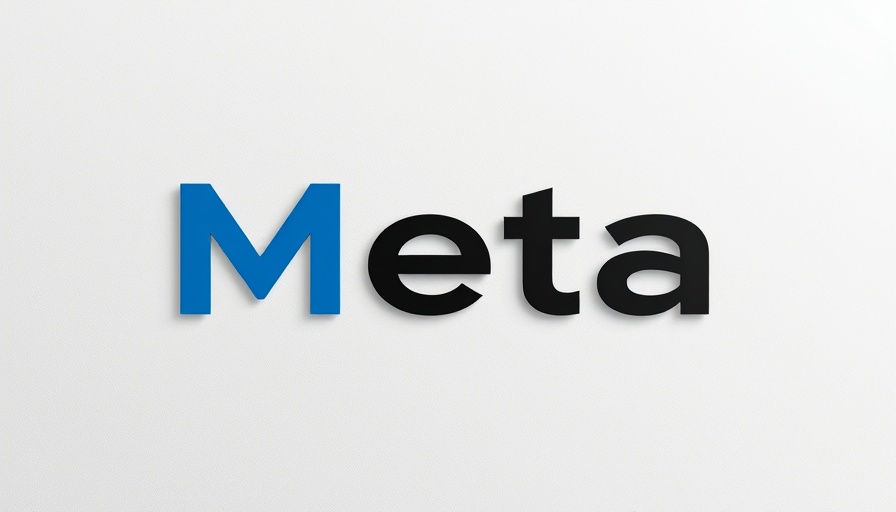
A Landmark Ruling in AI Copyright Law
In a historic ruling, Meta Platforms Inc. has secured a significant legal victory regarding the training of its AI models using copyrighted works. A federal judge determined that the use of 13 authors' books, including works from prominent figures like Sarah Silverman and Ta-Nehisi Coates, did not infringe upon copyright laws. This decision has far-reaching implications for the rapidly evolving field of artificial intelligence and content creation, as it addresses crucial questions about fair use in digital spaces.
Context: The Battleground of AI and Copyright
The ruling comes amid a flurry of legal battles concerning the use of copyrighted material in AI training. Following the suit filed in 2023, Meta's case has been distinguished from others as it directly ties into the heart of copyright law: whether such usage harms the market for original works. Judge Vince Chhabria emphasized that proving harm is key to establishing copyright infringement. This ruling asserts that the mere act of using content for AI training does not automatically equate to harm towards the original authors.
The Implications of 'Market Harm'
Judge Chhabria's focus on market harm serves to clarify one of the pivotal elements of copyright law—whether new works negatively impact the sales or market position of the original content. By addressing this specifically, the ruling may serve as a precedent for future cases where the line between acceptable use and infringement is blurred. According to legal experts, this could enable tech companies to train their AI tools with more flexibility, provided they can adequately argue that their use of copyrighted material does not harm original authors financially.
Transformative Use: A Central Debate in Copyright
Transformative use refers to a legal standard in copyright law that determines whether a new creation is substantially different from the original work, thereby allowing for the use of copyrighted content without permission. Chhabria's ruling refrained from focusing heavily on whether Meta's use was transformative, contrasting sharply with another recent ruling by Judge William Alsup, who weighed transformative use heavily in his judgment. This difference in judicial perspective showcases the evolving change in how courts might interpret AI's interaction with creative works in the future.
Legal Experts Weigh In
Legal scholars are taking note of the potential ramifications of this decision. James Grimmelmann, a digital law professor at Cornell University, points out that the case highlights a critical debate: whether focusing on market harm neglects the transformative nature of AI's capabilities. The difference in approach taken by Chhabria compared to Alsup represents a growing divide within legal interpretations of copyright laws as they apply to AI.
Looking Forward: What This Means for Marketing Managers
For marketing managers navigating the complex landscape of generative AI, this ruling is a crucial development. As businesses increasingly adopt AI for content creation and marketing strategies, understanding the legal landscape surrounding copyright will be key to ensuring compliance and mitigating potential risks. Companies must consider how much original work they incorporate into their AI training models and whether those instances could trigger copyright claims.
Next Steps for Businesses
As the courts continue to shape the future of AI and copyright law, businesses should be proactive in establishing policies that address these emerging challenges. Investing in legal advice and potentially altering AI training practices could help mitigate the risks associated with copyright infringement. Marketing professionals need to stay informed about both legal developments and advancements in AI technology to create strategies that align with the evolving regulatory landscape.
This legal landscape represents a crossroads for AI, creativity, and copyright law. As new precedents are set, the implications for digital content creators, marketers, and AI developers will only grow in significance. Staying abreast of these changes is not merely advisable; it’s essential for thriving in the modern digital economy.
Understanding the impact of these rulings can empower marketing leaders to navigate their organization's challenges more effectively in harnessing AI responsibly.
 Add Row
Add Row  Add
Add 




Write A Comment